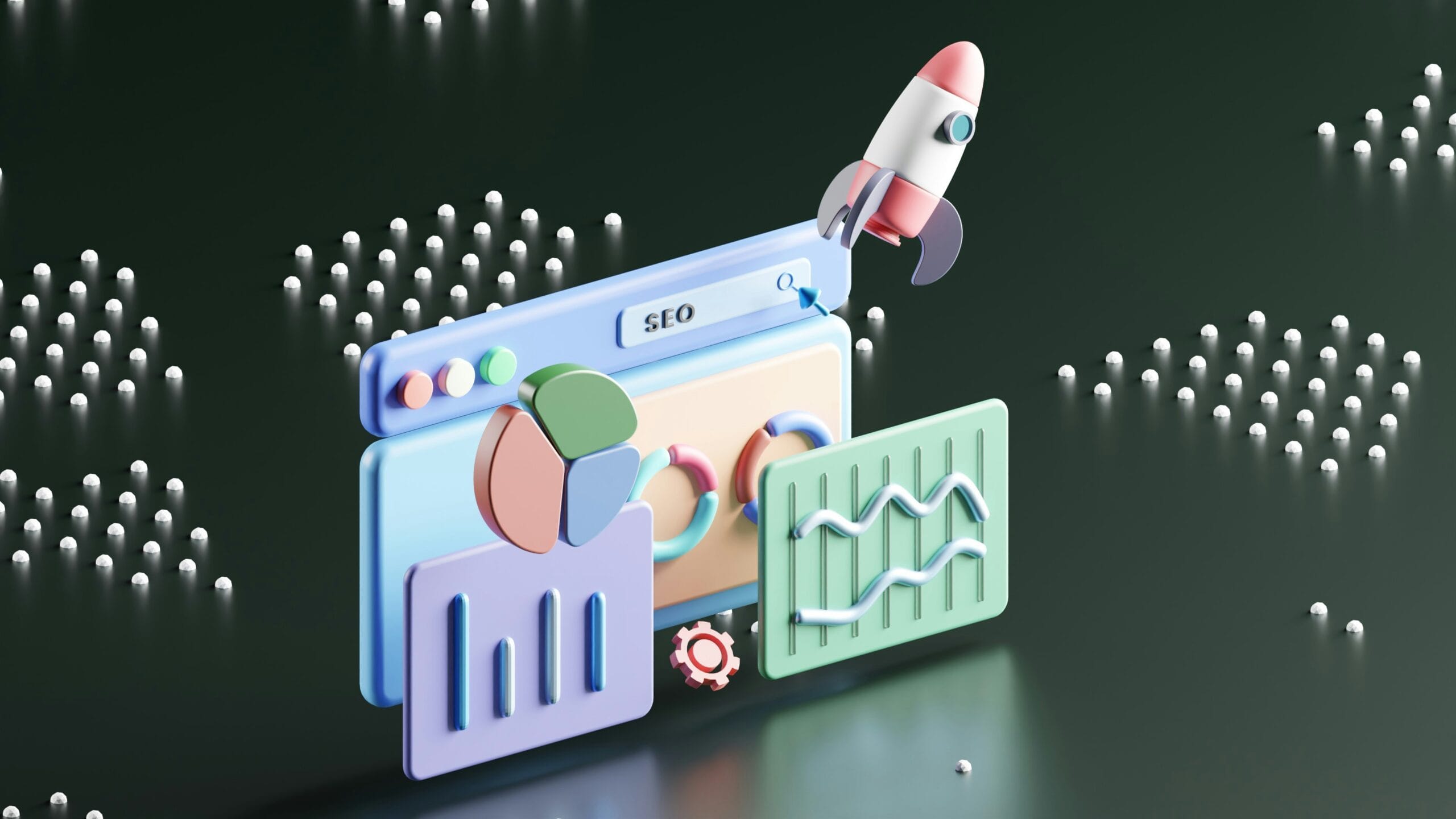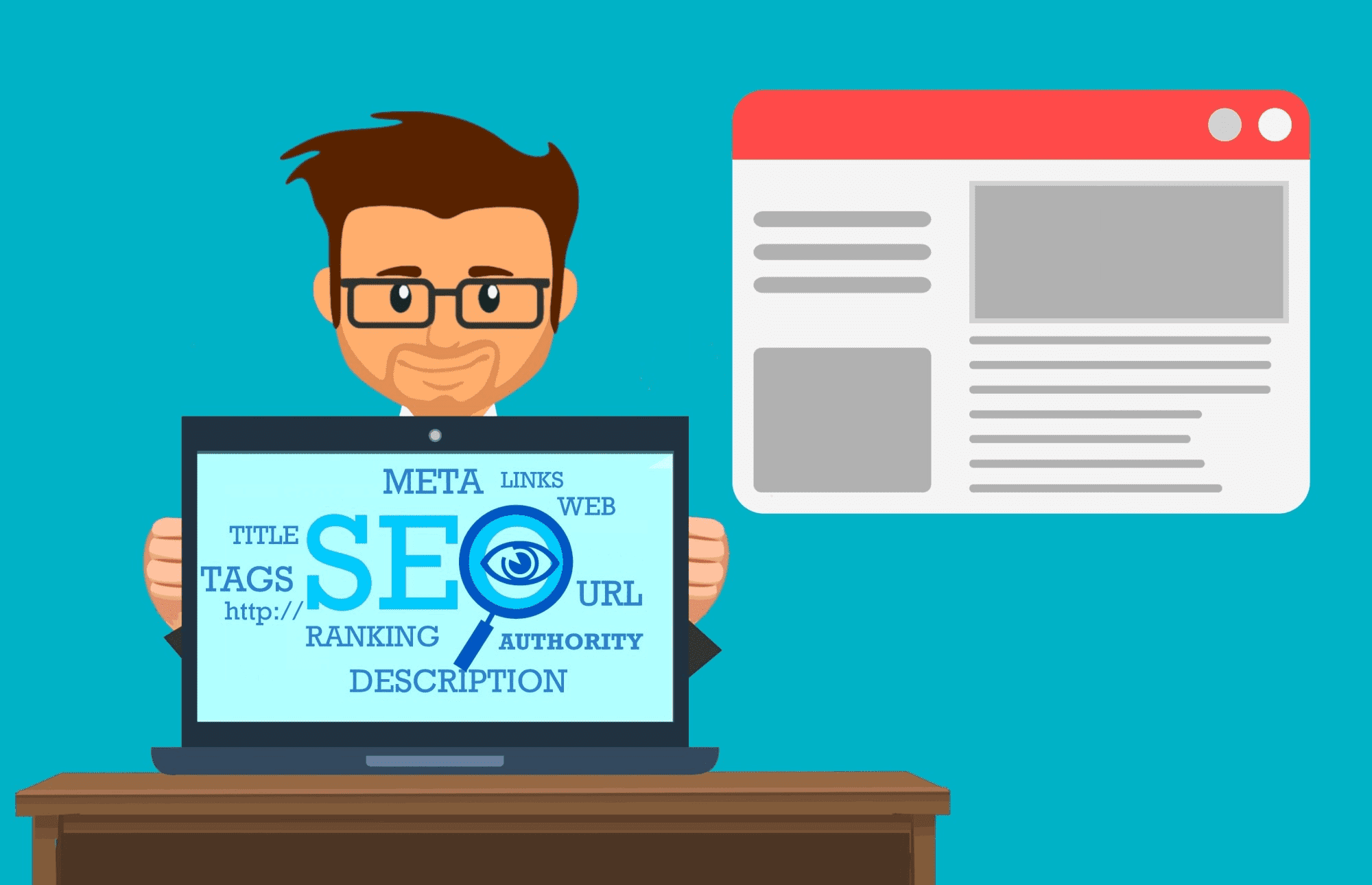
When it comes to SEO, B2B (business-to-business) and B2C (business-to-consumer) strategies may seem similar. But they’re not. Each one has unique goals, audience needs, and content strategies. B2B SEO focuses on building relationships and providing detailed information to professionals or companies. However, B2C SEO often focuses on engaging content and grabbing attention quickly. Keep reading to learn about the differences between B2B SEO and B2C SEO, especially in Phoenix web design.
Target Audience and Buyer Intent
One of the significant differences between B2B SEO and B2C SEO is the target audience. In B2B SEO, your readers are other businesses, so they look for serious information. They want solutions that make their work easier, save them money, or streamline their processes. B2B buyers are methodical and meticulous—they spend time researching before they commit.
Now, B2C SEO? That’s a whole different game. Here, you’re talking directly to regular people who might just be looking for something that makes life more fun, convenient, or trendy. And B2C buyers? They often act on impulse or emotion, especially if they see catchy titles, product reviews, or eye-catching images. B2C buyers often make decisions faster, driven by convenience, price, and visual appeal.
Example: A B2B buyer might search for “best CRM for healthcare,” while a B2C shopper may look up “top-rated headphones under $100.
Keyword Strategy and Search Volume
Keyword differences between B2B SEO and B2C SEO are also significant. B2B SEO often targets specific, low-volume keywords. B2B buyers search for exact solutions, and they’re not afraid of a long keyword. These keywords may include technical terms or industry jargon that are to professionals within that sector.
In contrast, B2C SEO targets higher-volume keywords with broader appeal. B2C keywords are often shorter and less specific. B2C keywords are simpler, trend-focused, and might even have a seasonal spin. These keywords reach a larger audience but don’t go into detail on specialized topics.
Example: B2B keywords might include “project management software for construction,” while B2C keywords could be as simple as “best coffee maker.”
Content Type and Length
The type and length of content are also one of the great differences between B2B SEO and B2C SEO. The type of content B2B and B2C audiences prefer is a huge difference. B2B buyers need detail and lots of it. For this reason, B2B content is often long-form and filled with facts, data, and case studies. Many B2B companies publish detailed blogs, eBooks, and whitepapers.
For B2C? It’s all about keeping it short and sweet. Consumers want the highlights—they’ll scroll through a product page, look at a few reviews, maybe watch a quick demo, and then decide. B2C sites use short product pages, quick tips, and visually engaging posts that get the point across fast.
Example: A B2B website may feature a “Comprehensive Guide to B2B Content Marketing,” while a B2C blog might post “Top 5 Gadgets to Buy This Season.”
Decision-Making Process
When it comes to B2B, the buying journey is often long and complex. It’s not just one person making the call; the decision-making process may include meetings, presentations, and several stages of approval before a purchase happens. Because of this, B2B SEO focuses on providing information at each step of the buyer’s journey to build trust and credibility over time.
In B2C, the process is typically shorter and simpler. B2C customers often make decisions on the spot, especially if the product doesn’t cost a lot. B2C SEO aims to grab their attention and give them what they need, often by using strong calls-to-action (CTAs) and visually engaging content.
Example: A B2B customer might need weeks to select a software package, while a B2C shopper could decide to buy new headphones within minutes.
Link-Building Approach
Link-building strategies are one of the significant differences between B2B SEO and B2C SEO. Link-building for B2B SEO is all about credibility. B2B brands benefit most from links on high-authority sites in their industry. They need links from respected industry publications or trusted review sites because each one shows authority and builds trust. Earning these links takes time, but each one can boost the site’s professional reputation.
B2C SEO, however, has a more diverse link-building strategy. Here, it’s all about reaching as many people as possible. B2C brands often seek links from high-traffic and popular blogs, lifestyle influencers, and social media platforms to tap into wider audiences.
Example: A B2B company may aim for a link from a respected industry publication, while a B2C brand could collaborate with popular bloggers or influencers.
Tracking and Measuring Success
Tracking differences between B2B SEO and B2C SEO are game-changing. B2B SEO cares more about lead generation, organic leads, and engagement rather than clicks or visits. For example, B2B companies look at form submissions, time on page, and the number of returning visitors or download resources. They focus on quality over quantity since each lead has the potential to become a high-value client.
In B2C SEO, the main goal is conversions and direct sales. B2C companies track conversions, click-through rates, and bounce rates to understand what’s working. They want to know how many users hit “Buy Now” and how often they return to the site.
Example: A B2B marketer may consider a blog successful if it leads to sign-ups, while a B2C brand sees success in higher product sales or reduced bounce rates.
B2B SEO vs. B2C SEO: The Bottom Line
B2B and B2C SEO require different approaches. B2B SEO builds credibility with detailed, research-driven content, while B2C SEO focuses on fast engagement through appealing and concise content. Knowing these differences helps you craft SEO strategies that connect with your unique audience and drive the best results.








